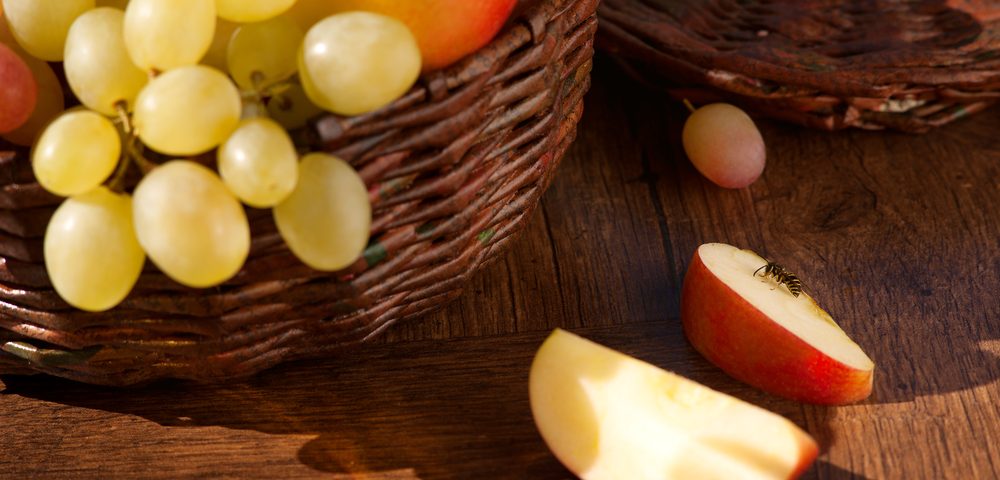Combinations of compounds found in apples, red grapes, berries, turmeric and rosemary stopped prostate cancer cells from growing in the laboratory and also in mice, according to a study.
Researchers tested 142 natural compounds in food for prostate-cancer-fighting properties. They discovered that combinations of ursolic acid, resveratrol and curcumin stopped the disease. Ursolic acid is found in apple peels and the herb rosemary, resveratrol in red grapes and berries, and curcumin in the spice turmeric.
The study, “Combinatorial treatment with natural compounds in prostate cancer inhibits prostate tumor growth and leads to key modulations of cancer cell metabolism,” was published in the journal npj Precision Oncology.
To start with, the University of Texas researchers tested the compounds on prostate cancer cells in a lab. They evaluated the substances alone and in combinations.
When the team discovered that ursolic acid, resveratrol and curcumin might inhibit prostate cancer growth, they tested all possible combinations of the compounds in mice with prostate cancer. Some combinations prevented tumor growth in the animals, with no toxic effects.
Scientists already know that chemicals in apple peels, turmeric and green tea reduce inflammation, a risk factor for cancer because it damages normal cells.
The researchers also wanted to know how the compounds inhibited tumor growth. They studied metabolic pathways, or chemical transformations needed to nourish cancer cells.
They found that ursolic acid, combined with either resveratrol or curcumin, kept cancer cells from consuming glutamine, a compound the cells need to grow. Denying the cells glutamine starved them.
“After screening a natural compound library, we developed an unbiased look at combinations of nutrients that have a better effect on prostate cancer than existing drugs,” Dr. Stefano Tiziani, a nutritional science professor at the university, said in a press release. “The beauty of this study is that we were able to inhibit tumor growth in mice without toxicity.
“These nutrients have potential anti-cancer properties and are readily available,” he said. “We only need to increase concentration beyond levels found in a healthy diet for an effect on prostate cancer cells.”

